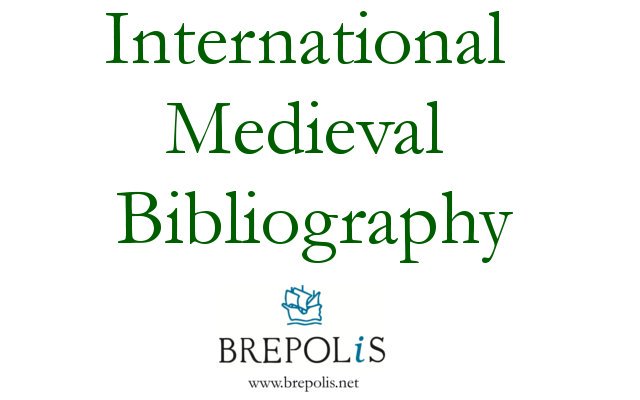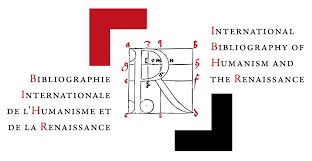Language and culture of the Greeks of North Ossetia – Alania (based on materials from the ethnolinguistic expedition to the Greeks of Vladikavkaz)
DOI:
https://doi.org/10.31168/2073-5731.2024.1-2.11Keywords:
Greeks of Russia, North Ossetia-Alania, Greek Traditional Culture, Ethnolinguistics, Pontic Greeks, Funeral and Memorial RitesAbstract
This paper presents an overview of the results of the ethnolinguistic expedition (held in winter 2024) to the Greeks of Vladikavkaz, North Ossetia-Alania. The history of the Greek community in North Ossetia begins in the 19th century, when Greek builders from Trebizond moved to the Caucasus. Subsequently, Greeks also resettled from other regions, such as Krasnodar Krai, Kazakhstan, Georgia. The majority of the Greek population of Vladikavkaz speaks the Pontic dialect of Greek language. The main goal of the expedition was to study the Pontic vocabulary related to funeral and memorial rituals. Of particular interest are the memorial rituals of the Greeks of Vladikavkaz, which are distinguished by a regulated procedure. For example, there is a special order for pronouncing three toasts at the wakes. The informants emphasize the brevity of Greek funeral feasts, a certain set of dishes and the way of decorating the traditional ritual dish kokia (the decoration varies depending on the day of the wake). There is also a custom of visiting the family of the deceased to express condolences until 40 days after death. In Pontic dialect the tradition is simply called το χατίρ, which means ‘respect’.
Acknowledgements
Work was supported by a grant from the Russian Science Foundation No. 22-18-00484, https://rscf.ru/project/22-18-00484/.
Received: 02.02.2024.
Revised: 02.03.2024.
Accepted: 12.03.2024.
Citation
Klimova K. A., Nikitina I. O. Language and culture of the Greeks of North Ossetia – Alania (based on materials from the ethnolinguistic expedition to the Greeks of Vladikavkaz) // Slavic Almanac. 2023. No 3–4. P. 227–240 (in Russian). DOI: 10.31168/2073-5731.2024.1-2.11






